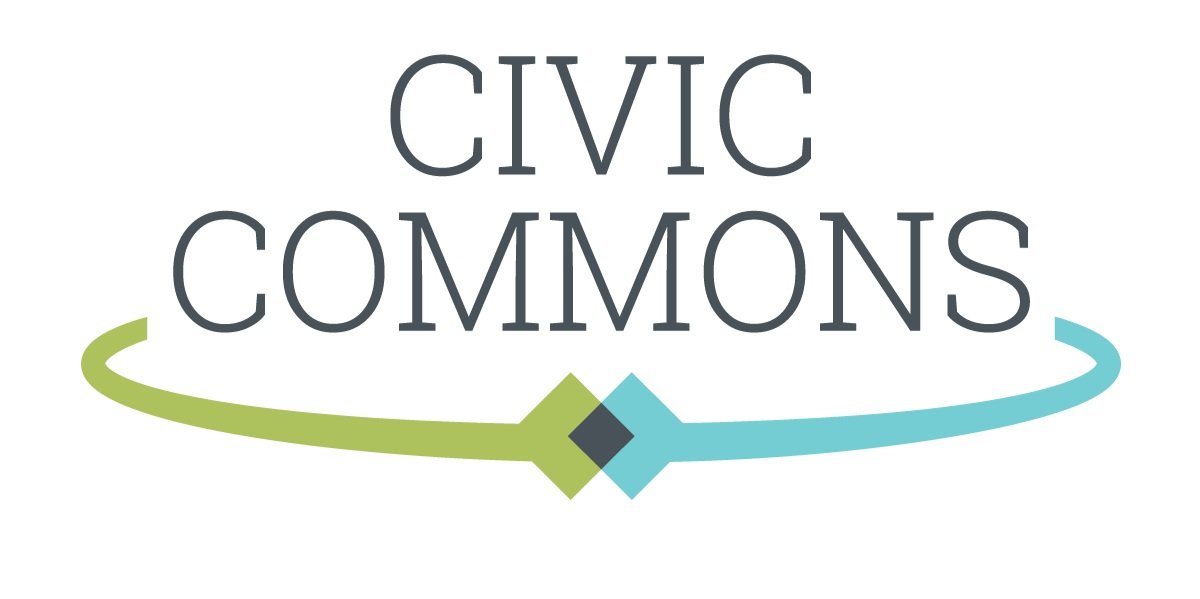What is Belonging?
Every day, I see how the anxiety of rapid growth puts stress on the relationships between neighbors. People continue to move here, while at the same time, some people are forced to leave their communities due to a shortage of affordable housing options.
Local and regional businesses are balancing profits with the difficulties their employees face in finding nearby affordable housing. Neighborhood organizations are weighing the need for growth and the desire to preserve what’s there. Young people are wondering what sort of world they will inherit. These are all outcomes of a society where we’ve short-changed the importance of belonging.
But what is belonging?
Simply put, belonging is a recognition that we are connected to people we know, and also to those we don’t. By virtue of sharing the same region, we’re connected to people similar to us, and different from us. Their concerns are our concerns, and vice versa.
Belonging can help us counter our growing anxiety, because it establishes the right conditions for changing the ways we work together to confront our greatest challenges. Social theorist john a. powell calls this new approach, expanding our “circle of human concern.”
We Belong Here, a cornerstone of a Seattle Foundation’s Civic Commons initiative, is an exploratory project that I am lucky enough to lead here in our region. We want to transform our region’s ability to address challenges by nurturing stronger people-to-people relationships across sectors and communities.
Our hypothesis is that we have taken belonging for granted and stopped doing the things that created and nurtured a sense of connection. In our rush to meet goals, gather data, vote on policies, and push through agendas; we’ve under-valued the importance of taking the time to tell stories, share meals, actively listen, and thoughtfully engage with one another.
To help grow a greater sense of belonging in our region, We Belong Here will invest in relationships between individuals from all backgrounds, shifting the basis of collaboration for change from a transactional, issues-based approach to one steeped in personal relationships. Lasting change starts from the ground up, so our initial work will focus on connecting people from different sectors to address the issues we face every day.
Our work will build on efforts already underway across the region to bring people together:
The Washington Technology Industry Association’s Ion Collaborators builds cross-sector cohorts (working groups) that collaborate over the course of six months. They start with story-telling and self-revelation before digging into topics like economic growth, livability, and accessibility.
New media outlets like The Evergrey (tagline: “live here like you live here”) are publishing work that prods readers to learn about the communities around them, and connect on more personal levels with neighbors and strangers.
What’s Next Washington is bringing together human resources managers from different sectors to educate employers about policies and opportunities to hire people with conviction histories.
It’s easy to, at best, disengage and, at worst, to “other” people who aren’t like us in this current environment.
It may seem harder and harder to feel like we all belong somewhere, but that’s all the more reason to reach out a hand, open a door, and cross a bridge for each other.
Please join us as we explore belonging in the region and how a better sense of shared belonging can move us from transactional to relational to transformational.
We belong here.
Frank Nam manages the We Belong Here project, part of Civic Commons, a strategic initiative of Seattle Foundation. We Belong Here convenes multi-sector representatives to enhance belonging and civic muscle in order to co-create solutions that tackle the root causes of inequity.

